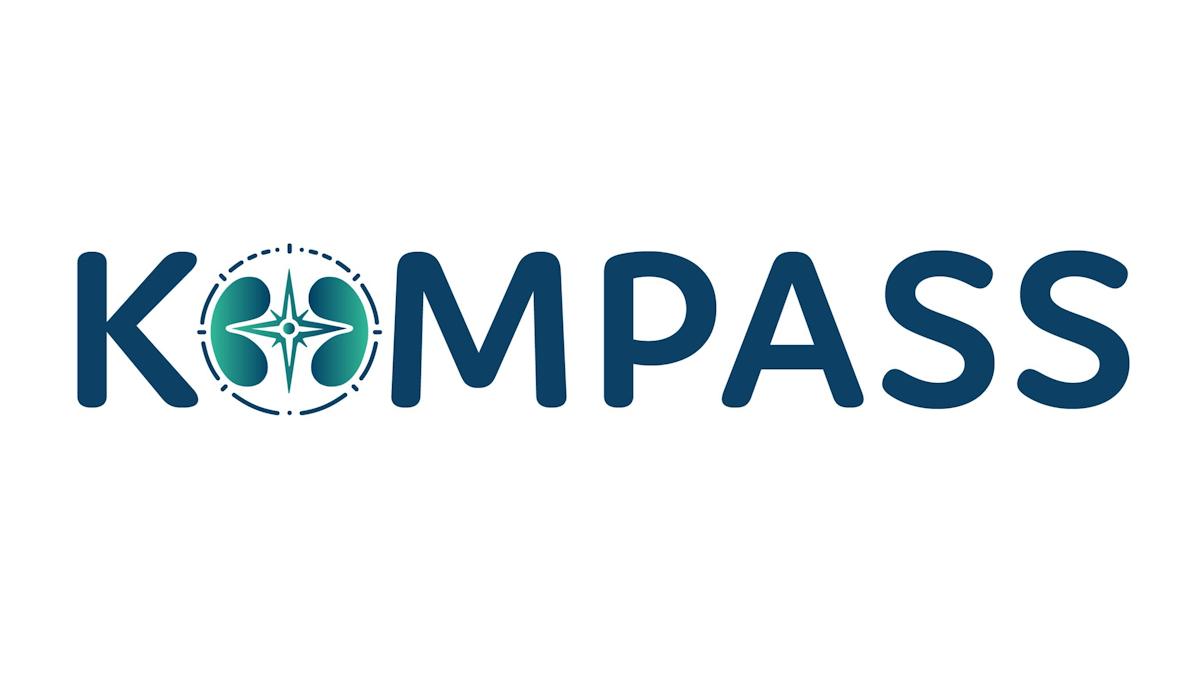Healthware and Italian cancer institute partner on digital health drive

Healthware Group has partnered with the National Cancer Institute of Naples in Italy to develop and roll out digital health platforms to support research and clinical practice in the treatment of people with cancer.
The overall aim of the alliance – which will see Healthware work alongside the NCI’s Pascale Hospital – is to develop digital health tools that will deliver "more precise and accessible treatments to patients", said the partners in a statement.
A key objective is to create an oncology network or "hub" in the Campania region of Italy that will operate at a national and international level.
The project will focus in part on developing tools and digital therapies (DTx) that are easily accessible, software-based and built on popular platforms, such as smartphones.
Roberto Ascione, CEO of Healthware, said: "The clinical partnerships, based on data and technology, with international and national renowned institutions, such as the Pascale Hospital, offer the opportunity to implement innovative solutions aiming to improve the lives of patients."
He went on to say that the agreement covers a range of initiatives, including the use of telehealth to provide remote assistance to patients, as well as applying artificial intelligence and data science to develop algorithms that can mine retrospective data for new insights into cancer.
https://twitter.com/RobertoAscione/status/1359957283388719114
"This is a cultural paradigm shift based on a patient-centred approach, where technology helps to offer precise, accessible, holistic and more human-focused care, supporting doctors in the care and relationship with patients," according to the partners.
The deal comes shortly after the publication of a white paper that laid out a framework that could be adopted by Italy to realise the potential of DTx, including the creation of a reimbursement pathway similar to that set up in Germany.
It’s well recognised that inclusion in formularies is a key enabler of telehealth and DTx, as can be seen from the rapid rollout of these technologies in the US after the federal government extended reimbursement in response to lockdowns forced by the coronavirus pandemic.
"The pandemic has accelerated the spread and adoption of digital health solutions and tools like sensors, apps, wearable devices for the continuous monitoring of biometric parameters, virtual assistants with artificial intelligence to communicate with the patient, digital platforms and services for remote medical assistance, and algorithms that generate physiological and behavioural biomarkers," according to the Institute’s general director Attilio Bianchi.
"The need to integrate traditional medicine with digital medicine has never been more evident, as well as the crucial role of digital health in offering new dynamics of communication between doctor and patient," he added.
The white paper also called for more information about DTx to be made available to the general public in Italy, along with training for professionals and patients and targeted communications to health and political institutions, as well as the creation of a national observatory of digital medicine and decentralised clinical trials.













